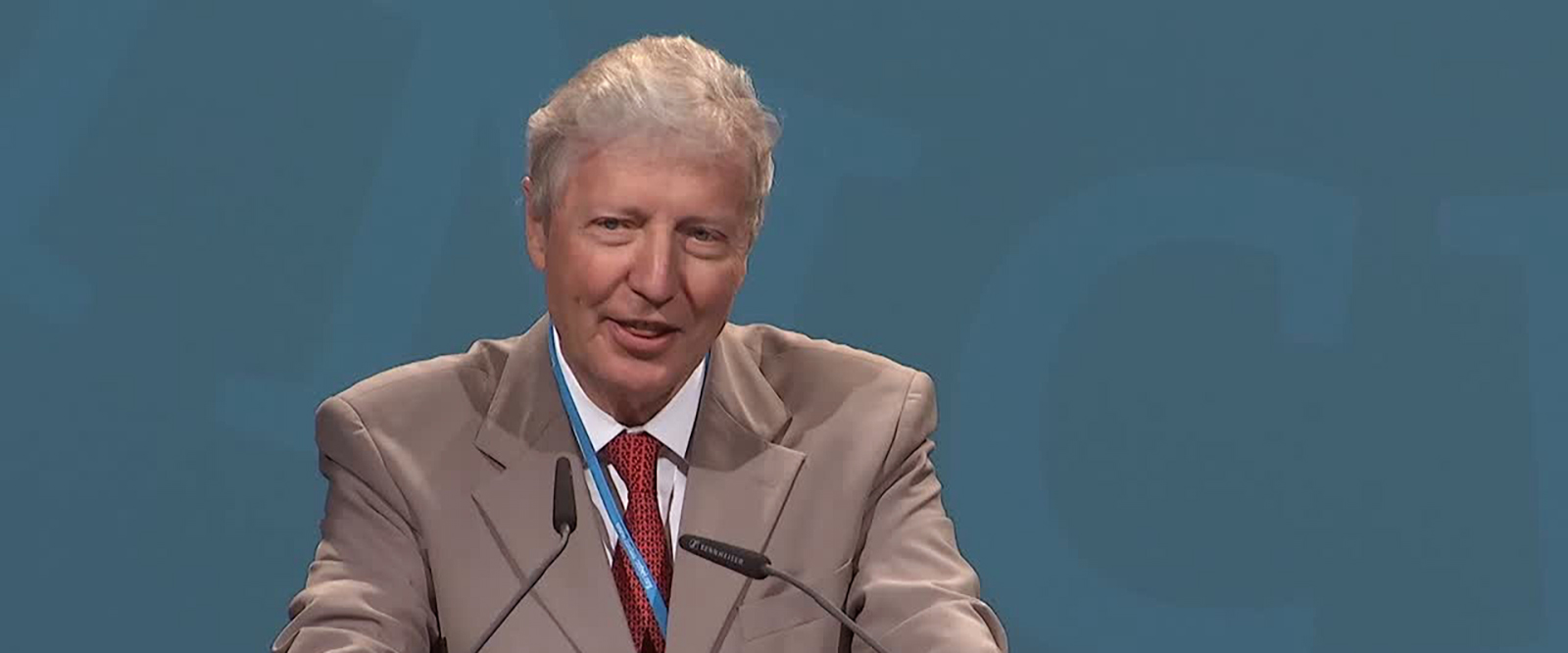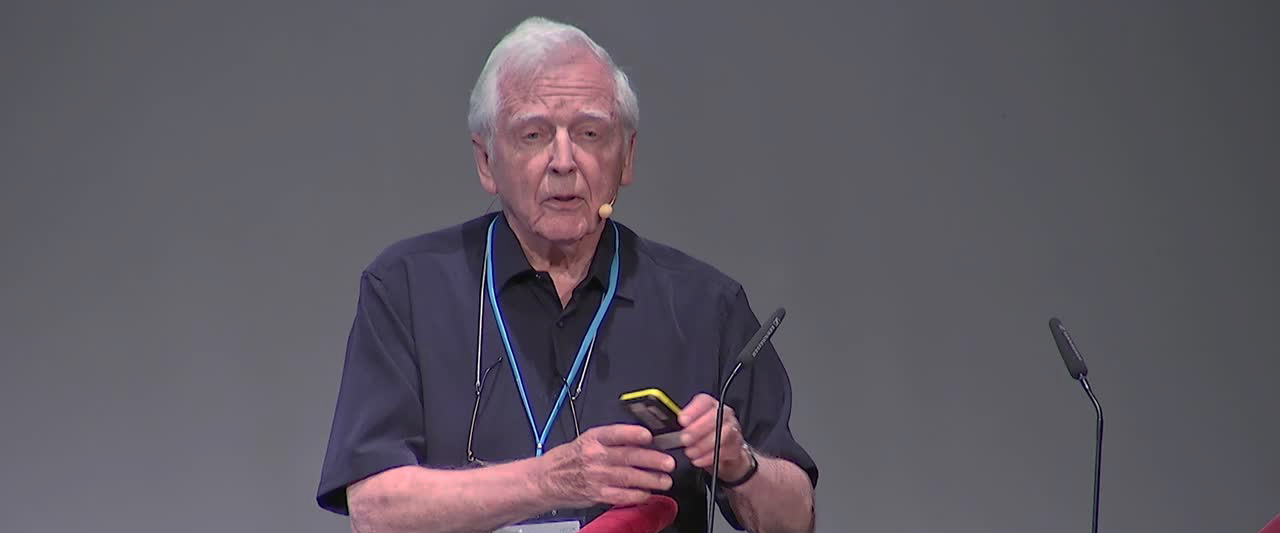NL Hawkins, Universities of Exeter and Oxford
The seminar will take place in the College lecture theatre at 9.00 pm. The poster can be downloaded here. Human gene patents have caused significant controversy in the popular and academic press recently. Concerns arise on a philosophical level – are human genes something that should be ‘owned’? – and a more practical level – will human gene patents obstruct good healthcare? Anxieties surrounding the possibility for gene patents to result in increased costs, administrative burdens and ultimately, a negative effect on healthcare are voiced by many, but despite this unease, there is little evidence for an actual negative impact of gene patents on healthcare and service provision. In this presentation I will: review the current state of the law internationally around gene patents; explore the potential problems arising from gene patents; examine the evidence of impact of gene patents in healthcare; and conclude by a consideration of appropriate solutions that may benefit all parties involved.
Selected references:
[1] M A Heller and R S Eisenberg, ‘Can patents deter innovation? The anticommons in biomedical research’ (1998) 280 Science 698–701
[2] S Gaisser, M M Hopkins, K Liddell, E Zika, and D Ibarreta, ‘The phantom menace of gene patents’ (2009) 458 Nature 407–408
[3] G Van Overwalle, ‘Turning Patent Swords into Shares’ (2010) 330 Science 1630–1631
[4] N Hawkins, ‘The impact of human gene patents on genetic testing in the United Kingdom.’ (2011) 13 Genetics in Medicine 320–4;
[5] N Hawkins, ‘An Exception to Infringement for Genetic Testing – Addressing Patient Access and Divergence between Law and Practice’ [2012] International Review of Intellectual Property and Competition Law 641
Naomi Hawkins's research focuses on the interaction of law and biomedical science, particularly around intellectual property rights. She uses traditional legal research and empirical methods to investigate the impact of human gene patents on the development of translational outcomes of genetics and genomics research. She is also interested in the ways in which data sharing practices intersect with intellectual property rights in science. Her research has in the past been funded by the Wellcome Trust, and from May 2014 she is funded by the UK Economic and Social Research Council’s Future Research Leaders scheme to explore the ways that patents influence the development and delivery of novel technologies in non-invasive prenatal testing. Naomi Hawkins obtained undergraduate degrees in both law and biomedical science from the University of Queensland before being admitted as a legal practitioner in Australia. Following a period of legal practice in Australia clerking for a Supreme Court Judge, and working in a large commercial law firm, she completed her BCL and her doctorate in law at the University of Oxford. She has been a lecturer at the University of Exeter since 2010, and is a research associate at HeLEX, the Centre for Health, Law and Emerging Technologies in the Department of Population Health at the University of Oxford.












